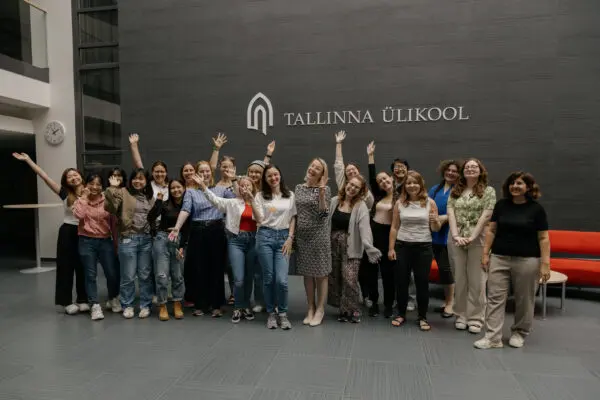
Amsterdam, Netherlands
The Circular City: Towards a Sustainable Urban Ecosystem
When:
19 July - 06 August 2026
Credits:
6 EC
Read more
Social Sciences Summer Course
When:
28 July - 01 August 2025
School:
GESIS Summer School in Survey Methodology
Institution:
GESIS-Leibniz Institute for the Social Sciences
City:
Country:
Language:
English
Credits:
4 EC
Fee:
550 EUR

Surveys provide key information regarding attitudes, behaviors, and facts of the general population as well as specific subgroups. Reliable and valid survey data rely, among others, on a high-quality questionnaire that incorporates state-of-the-art question wording, question types, and appropriate visual design. While the literature concerning the basic principles of designing a high-quality questionnaire offers a decent body of knowledge, some more advanced issues (e.g., split questionnaire design, dependent interviewing, and questionnaire design for mixed-mode surveys) are often less accessible. In addition, in recent decades, several innovations in the field of questionnaire design have emerged, some of which originated from new devices and survey modes used for data collection (e.g., the specifics of questionnaires for mobile devices), while others were invented in reaction to specific challenges occurring when respondents answer survey questions (e.g., interactive features in web questionnaires, chatbots or ECAs, smart speakers or voice responses, delegation features, item count techniques, or other question types for sensitive issues).
This course will start with a short introduction to basic concepts relevant to survey measurement, such as mode differences, the question-answer process, and satisficing behavior, to reinforce your understanding of the mechanisms underlying survey measurement. Based on this recap, the course will then explore a variety of advanced issues and innovations in the field of questionnaire design, focusing on interviewer-administered surveys as well as self-administered surveys and web surveys in particular. After introducing each topic, we will discuss the results of experimental studies testing these innovations. The studies will highlight how various advanced and innovative aspects of survey questions influence the answers provided by respondents.
Through these studies, the course aims to enhance your professional reasoning when designing survey questionnaires and your ability to apply advanced and innovative features when designing survey questions and questionnaires. You will have the opportunity to apply the topics covered in the course to topical survey questions during practical sessions and by means of assignments.
The examples discussed in the course will be taken from surveys of individuals and households; business surveys will not be covered. The course will not be restricted to a specific survey mode; examples will be taken from face-to-face, telephone, web, and mail surveys. Coverage issues, sampling, weighting, nonresponse, and other aspects of survey design will not be covered
Marek Fuchs and Hanna Schwärzel (Teaching Assistant), Technical University of Darmstadt
You will find the course useful if:
- you plan to or are about to conduct a survey and are faced with challenges beyond the basic wording of questions and answer categories,
- you would like to expand your experience in designing questionnaires by gaining insights into innovative question types and questionnaire features that aim to improve response quality,
- you come from any discipline or field that uses surveys for data collection. Also, you work for academic institutions, official statistics, or business; the course is not limited to participants from market research or academic institutions
By the end of the course, you will:
- have expanded your knowledge of questionnaire design,
- have an overview of various innovations in the field of questionnaire design for interviewer-administered surveys as well as for self-administered surveys (mail and web surveys),
- understand the pros and cons of these innovations as well as the potential consequences and side effects of using them,
- have a basic understanding of how to implement the innovations in their respective fields of topical surveys
Fee
550 EUR, Student/PhD student rate
Fee
825 EUR, Academic/non-profit rate
The rates include the tuition fee, course materials, the academic program, social and plenary program, and coffee/tea breaks.
When:
28 July - 01 August 2025
School:
GESIS Summer School in Survey Methodology
Institution:
GESIS-Leibniz Institute for the Social Sciences
Language:
English
Credits:
4 EC

Amsterdam, Netherlands
When:
19 July - 06 August 2026
Credits:
6 EC
Read more

Colchester, United Kingdom
When:
16 February - 20 February 2026
Credits:
4 EC
Read more

Tallinn, Estonia
When:
26 January - 30 January 2026
Credits:
2 EC
Read more